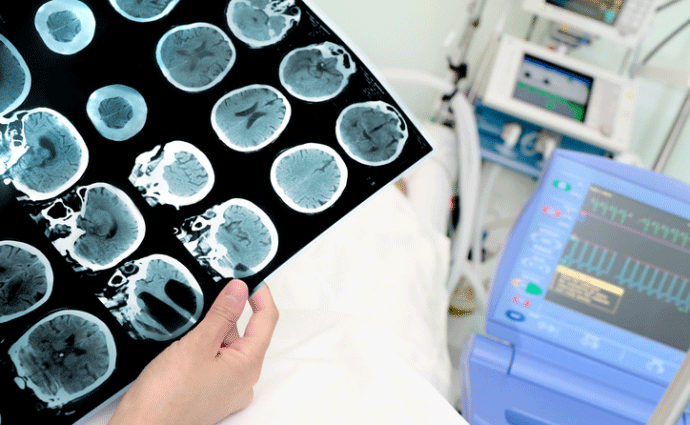Georgia Hospitals Team with Erlanger for Telestroke Services
AdventHealth Gordon and AdventHealth Murray in northern Georgia have partnered with Chattanooga, TN-based Erlanger Health System to provide telestroke services to their patients.

Source: Thinkstock
- AdventHealth Gordon and AdventHealth Murray in northern Georgia have partnered with Chattanooga, TN-based Erlanger Health System to provide telestroke services to their patients.
The new partnership is expected to improve access to specialty trained stroke neurologists to consult and diagnose patients at the AdventHealth regional hospitals.
By having access to neurology specialists through telemedicine, patients will have the opportunity to receive stroke treatment closer to home and in less time than transferring to a larger medical facility.
“We are pleased to partner with Erlanger Health System to provide our patients with tele-neurology care,” said Pete Weber, president and CEO of AdventHealth Gordon and AdventHealth Murray. “With the strong alliance between our facilities and this advanced technology, patient care will only continue to improve.”
Thomas Devlin, co-director of Erlanger’s Southeast Regional Stroke Center, added: “Erlanger Health System has teamed up with leaders in the telemedicine industry to offer regional hospitals trained specialists and new technologies to identify stroke as well as provide guidance on the best medical care for the patient.”
Stroke is the fifth leading cause of death and the leading cause of disability in the United States, according to an AdventHealth release.
Risk factors for stroke can include high blood pressure, diabetes, heart disease, high cholesterol, obesity, smoking, family history of stroke and prior stroke, or transient ischemic attack.
“This tele-neurology collaboration highlights our joined commitment with AdventHealth Gordon and AdventHealth Murray to provide excellent care to those suffering from an acute neurological emergency, such as stroke,” said Matthew Shafer, Erlanger’s administrative director of telemedicine. “Telemedicine has proven time and time again to be a powerful tool in expanding lifesaving specialty care throughout a larger region.”
Partners TeleStroke Center and Alliance Program
In Massachusetts, the Partners TeleStroke Center provides smaller hospitals access to stroke specialist from Massachusetts General Hospital (MGH) and Brigham and Women’s Hospital (BWH).
Its telestroke system has three components: a brain imaging review, remote examination via video conferencing, and a web portal for synchronized store-and-forward requirements.
Interpretation of the brain images is an important part of the acute stroke evaluation. The brain imaging review allows a physician to download and view brain scans from the remote hospital. The physician is able to see subtle findings on the brain scan, thus helping to determine which patients qualify for certain therapies.
The video conferencing component allows the physicians to collaboratively perform the stroke scale assessment developed by the National Institutes of Health and MGH, which represents the severity of the stroke and supports a diagnosis of stroke that could lead to further treatment.
Aside from the web portal, all the technical components are commercially available. The video and the sound components travel via high-speed phone lines or IP-based technologies. Data compression technology is used to transmit the images.
The center has also created the TeleStroke Alliance Program (TAP), which offers hospitals in the United States and around the world assistance in building their telestroke programs. The alliance includes Integris TeleStroke Network in Oklahoma, University of Virginia Health System and TeleStroke Center, Yale-New Haven Hospital, and St. Joseph’s Regional Medical Center in New Jersey.
Through the alliance, MGH and BWH staff assist hospitals in the integration of technology, clinical best practice, training, and education to create telemedicine programs that will provide quality patient care.
TAP has developed a secure, web-based stroke consultation software program that is used by other hospitals and telestroke networks. The encrypted, password-protected application serves as a medical record that documents information on each clinical telemedicine interaction, including patient demographics, medical history, exam findings, lab values, and care recommendations.
The application contains decision support tools, which assist the telemedicine consultant in making diagnosis and treatment decisions.
